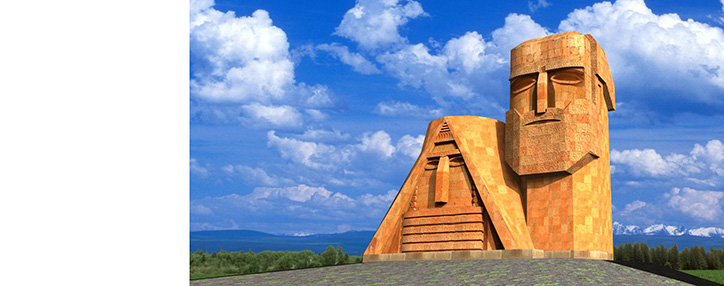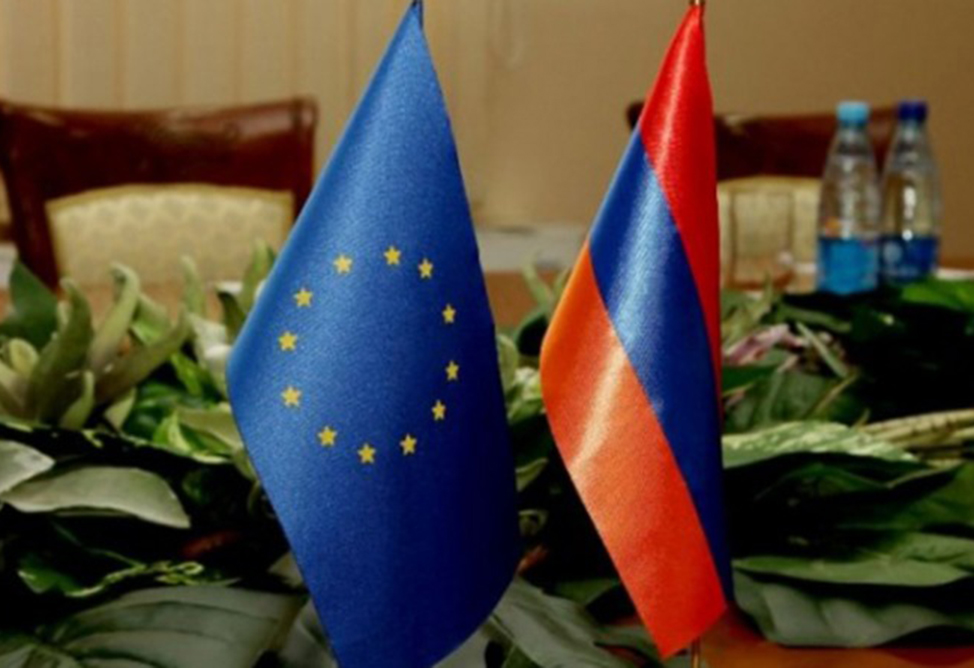Artsakh accuses Armenian authorities of retreating from their foreign policy course

YEREVAN, May 24. /ARKA/. "The collective position of the Artsakh (Nagorno-Karabakh) people and authorities, as presented in an April 14 statement of the National Assembly, confirms that the discussions and negotiations in the international arena are acceptable to us only if compatible with the provisions proclaimed in the aforementioned statement,' the Nagorno-Karabakh parliament factions said in a joint statement today in response to May22 talks between Armenian Prime Minister Nikol Pashinyan and Azerbaijani President Ilham Aliyev in Brussels, facilitated by the European Council President Charles Michel.
«Charles Michel's comment on the outcome of the meeting is quite bewildering in terms of substituting the essence of the Karabakh conflict settlement and distorting the legacy of the 30-year-long negotiation process,’ the statement says.
'For the first time an attempt is made to reject the political and geographical notion "Nagorno-Karabakh" replacing it with the phrase "the ethnic Armenian population of Karabakh." All this is in full accord with the theses disseminated by the Azerbaijani regime before the meeting in Brussels testifying to the retreat of the current government of Armenia from its foreign policy course,' the Nagorno-Karabakh parliament statement says.
It says the role of the President of the European Council in the accelerated opening of the "era of peace" between Armenia and Azerbaijan could be understood if the same consistency was exploited to respond to the aggression unleashed by Azerbaijan against the people of Artsakh in September 2020.
'The emphasis on security and protection of rights during the 44-day war might have been somewhat acceptable to the people of Artsakh defending their sovereignty,' the statement says
'In the current circumstances, the Armenian authorities are obliged to be guided exclusively by the promotion and protection of the right of the people of Artsakh to self-determination in international instances, based on the decision of the Supreme Council of Armenia of July 8, 1992, according to which "any international or domestic document, which would indicate Nagorno-Karabakh as part of Azerbaijan, is unacceptable to Armenia".
The declarations on the establishment of the two Armenian republics, the values fixed by the decision of September 2, 1991 and the referendum on independence of December 10, 1991 must be a priority for the current authorities both in Artsakh and in Armenia. No official or political force is authorized to determine the future of the homeland, for the creation of which thousands of our nation's sons and daughters have spared their lives. We are faced with the imperative of making historical decisions, and no one can avoid responsibility before generations.'
In a statement issued after the May 22 meeting in Brussels between Pashinyan and Aliyev, European Council President Charles Michel said that Armenia and Azerbaijan agreed to proceed with unblocking the transport links between the two countries, and also agreed on the principles governing transit between western Azerbaijan and Nakhichevan, and between different parts of Armenia via Azerbaijan, as well as international transport through communications infrastructure of both countries.
'Notably they agreed on principles of border administration, security, land fees but also customs in the context of international transport,' he said.-0-



